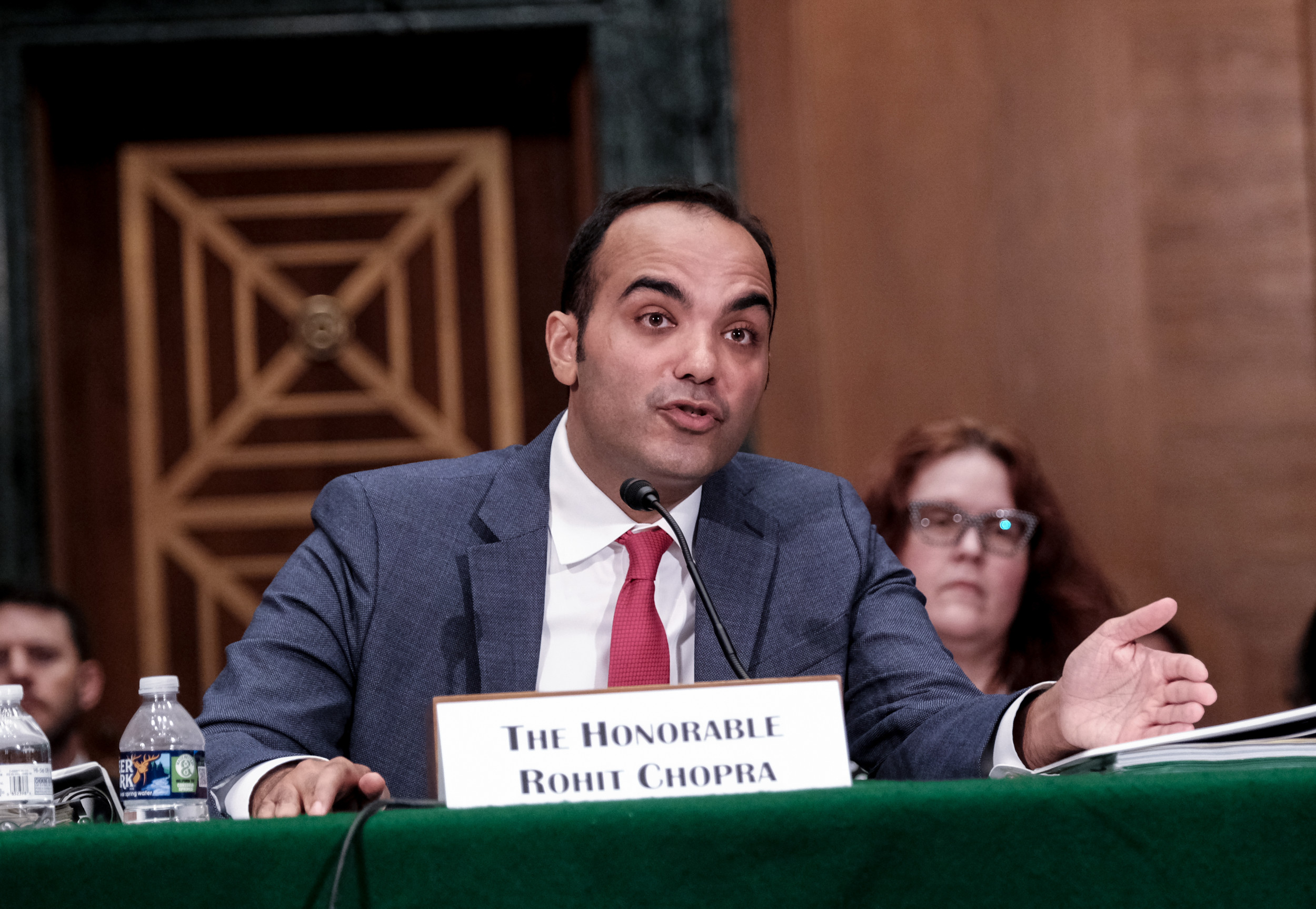Eid al-Adha, or Eid ul-Adha, is an annual Islamic celebration, and it's almost here.
The celebration usually falls on the tenth day in the final month of the Dhu-al-Hijjah (Islamic Lunar Calendar).The day Eid al-Adha is celebrated depends on the Islamic Lunar Calendar, and it's typically the day after the Islamic pilgrimage of Hajj.
It's important to not confuse Eid al-Adha with Eid al-Fitr, both are religious festivals celebrated in the Muslim faith.
What is Eid al-Adha?
The International Coordinator of Islamic Relief, Manal Naib, tells Newsweek that "Eid al-Adha is a significant event in the Islamic world with a great emphasis placed on sacrifice (Qurbani), social cohesion and sharing of happiness and celebration on a communal level."
Translated to the festival of sacrifice, Eid al-Adha celebrates the Prophet Ibrahim's loyalty to Allah as he was prepared to sacrifice his son to show this loyalty.
According to britannica, "Eid al-Adha marks the culmination of the hajj (pilgrimage) rites at Minā, Saudi Arabia, near Mecca, but is celebrated by Muslims throughout the world. It begins on the 10th of Dhū al-Ḥijjah, the last month of the Islamic calendar, and continues for an additional three days (though the Muslim use of a lunar calendar means that it may occur during any season of the year)."
How many days is Eid al-Adha celebrated?
The annual celebration usually lasts four days, this year it commences on the evening of Saturday, July 9 and will finish on the evening of Wednesday, July, 13.

What's the importance of Eid al-Adha?
Eid al-Adha is important to the Muslim faith as it acknowledges and celebrates the prophet Ibrahim's loyalty and devotion to Allah. By participating in the festival, Muslims also show their devotion to Allah in the following ways:
- Attending the mosque for prayers and showing gratitude to Allah.
- Giving money to charity.
- Sacrificing a sheep or a goat, the meat is shared amongst family, friends and those less fortunate.
Manal Naib tells Newsweek that "Eid al-Adha coincides with the annual Hajj Pilgrimage in Makkah, Saudi Arabia and celebrates the ultimate submission of the Patriarch, Prophet Ibraheem, in willingness to sacrifice all for the Creator. In addition to the Qurbani, there is a widespread practice to spend more in aiding the poor to enable them also to enjoy and celebrate. One such practice is the exchanging and giving of Eid gifts, also known as Eidi or Eidiya, in particular to children."
Uncommon Knowledge
Newsweek is committed to challenging conventional wisdom and finding connections in the search for common ground.
Newsweek is committed to challenging conventional wisdom and finding connections in the search for common ground.





